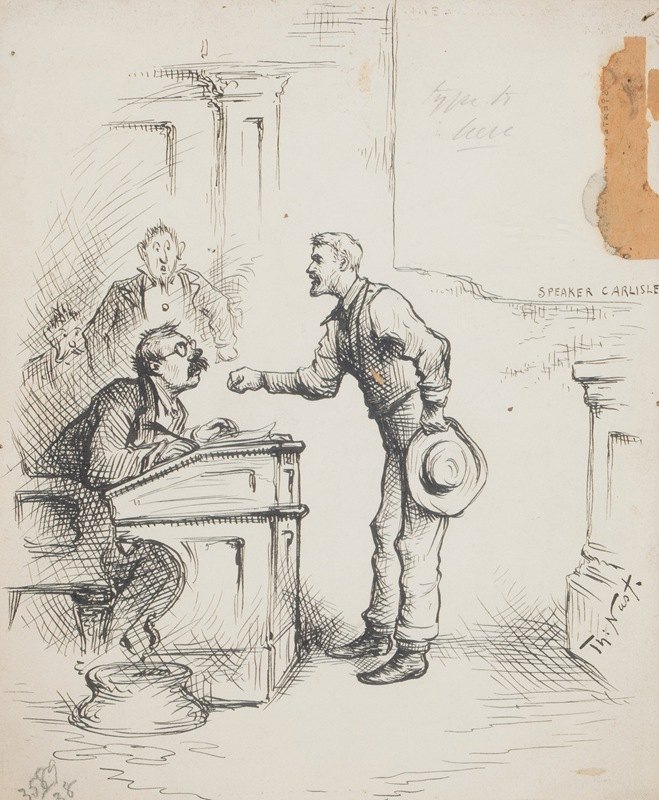“What can be asserted without evidence can be dismissed without evidence.”
Christopher Hitchens was a socio-political writer, author, and speaker. He was a columnist for The Nation, Vanity Fair, and The Atlantic, and wrote over thirty books over his career. Hitchens’ razor comes from his book, God is not Great, a treatise against religion, and is used there within an anti-religious context. However, the wisdom of the statement transcends a narrow usage, and applies to most debates.
Hitchens’ most famous contribution, perhaps, is his dictum, “What can be asserted without evidence can be dismissed without evidence,” coined as Hitchens’ razor. The maxim boils down to the following: If you make a claim, it is your responsibility to provide support for it, not your opponent’s responsibility to disprove it. When we make an assertion, we need to provide evidence to support it, not take the lazy route expecting our opponent to work to refute it. If you make a claim, and don’t bother to support it, your opponent is under no obligation to accept your claim.
Modern ears are used to hearing references to a “burden of proof” in legal settings, as opposed to in debate, but the two share an interwoven history. The “burden of proof” refers to the responsibility of providing evidence to support a claim, and traces its roots all the way back to ancient Greece. In this classical society, oratory and rhetoric were valued skills among not only the lawyers and politicians, but with the average citizens themselves. Lawyers and politicians endeavored to find the most compelling and just methods of governing, while students of the sciences and philosophy alike were concerned with seeking out the truth via rigorous questioning. Each area required impeccable skill in observing and dissecting ideas and building arguments. Today, the U.S. legal system, among others, presumes innocence until one is proven guilty, with the burden of proof resting with the prosecutor bringing charges against a defendant. In all settings, the party making the claim is expected to provide evidence to support their case.
Rhetoric, as defined in Aristotle’s Art of Rhetoric, is “the faculty of observing in any given case the available means of persuasion.” This ability to make persuasive arguments, in public and private, then as now, proved invaluable and admired. Today’s common practice in academia of forming a thesis and defending it with a dissertation filtered down from the Greek orators, through the monastic schools of the Middle Ages, and into the universities, where it continues on in liberal arts settings of rhetoric, debate, and logic studies (the Trivium), as well as in philosophy. The ability to form a persuasive argument and deliver it with conviction remains a fundamental skill in society, particularly essential in today’s scientific writing and journalism. Today, lawyers, scientists, writers, and even advertisers employ the guidelines outlined in Rhetoric.
We create and use arguments everyday, from convincing our loved ones to watch a new show, to changing workplace regulations, to deciding which restaurant to eat at. Discourse is a part of everyday life, but curiously, studying and looking to expert analysis is not. Regardless of the setting, discourse comes with responsibility and requires work. In order to have a source or evidence to cite in a debate, we have to make the effort to consult sources and expertise, then form a reasonable argument based on that information. Doing such work requires you to challenge your initial reaction in favor of reasoned analysis. Hitchens’ razor is a vital tool in debate, but also a great principle for our own edification; “Do I have any reason to believe this, or is it simply something I automatically assumed to be true?” This heuristic presents an opportunity to practice rigorous thinking, which improves our ability to see the world more clearly as well as create change in it.
Illustration: “Speaker Carlisle,” by Thomas Nast (American, 1840-1902)




